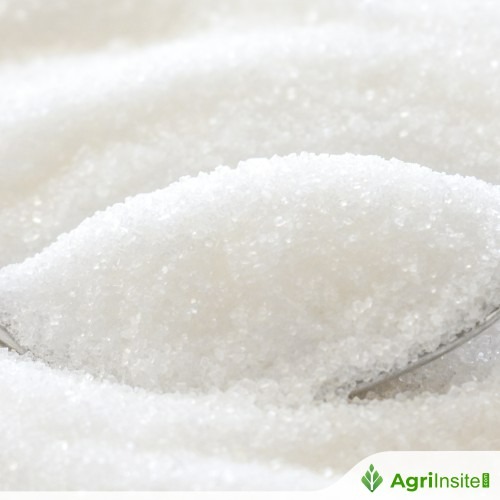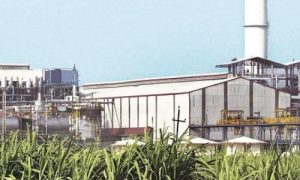US import tariff | SA’s sugar industry under pressure

South Africa faces a major setback as the U.S. imposes a 30% tariff on its sugar exports, effective 1 August, replacing the lucrative TRQ system. The tariff threatens annual revenue by an estimated R170 million, mainly impacting sugarcane growers. Domestic subsidized imports and a distorted global sugar market compound the financial strain.
President Donald Trump’s 30% tariff on his country’s imports of South African goods took effect on 1 August. South Africa has continued to export a portion of its sugar production to the United States under this new tariff regime. It is a massive financially damaging shift from the decades of access to the US market under a preferential and highly profitable tariff rate quota (TRQ).
South Africa’s sugarcane growers and millers are hoping that negotiations between the two governments will see the 30% import tariff substantially reduced or, even better, scrapped altogether.
The 24 000 tonnes of South African sugar exported annually to the US under the former TRQ was a drop in the bucket of South Africa’s annual sugar production of more than 2 million tonnes, but the favourable income it generated for local sugarcane growers and millers was highly valued.
“The impact has [already] been significant,” says Sifiso Mhlaba, executive director of the South African Sugar Association. “Based on current market dynamics, the 30% tariff will narrow the price margin for our sugar exports to the US versus our exports onto the world sugar market to R2 689,36 per tonne. “In addition to the drop in export revenue, many other sugar exporters to the US received the 10% minimum tariff, which gives them a competitive advantage over South Africa.”
Dr Siyabonga Madlala, executive chairperson of the South African Farmers Development Association (SAFDA), agrees that the likes of “global powerhouse” sugar producers Brazil and Mexico now enjoy competitive advantages over South Africa’s sugar industry.
He estimates the 30% import tariff could cost the industry R170 million in revenue annually, of which sugarcane growers’ share would be R110 million.
SA Sugar ‘No Threat’ to the US
Dr Thomas Funke, CEO of the South African Sugarcane Growers’ Association (SA Canegrowers), points out that some countries that export sugar to the US – and face lower tariffs than South Africa – subsidise their sugar industries. By contrast, South Africa’s sugar sector receives no government support.
“South African sugar poses no threat to America’s own sugar producers, because America does not produce enough sugar to meet its domestic demand,” he says.
“This situation comes at a time when there has also been a surge of sugar imports into South Africa from the same countries that subsidise their sugar industries. This displaces locally grown sugar from local retail shelves and forces our industry to export more sugar onto the highly distorted world sugar market.”
African Farming previously reported that world sugar market prices are often at below cost of production. The fact that South Africa is one of the world’s most cost-efficient sugar producers, without government subsidies, does not help. The industry has been struggling financially for many years, and the US pre-tariff market provided a major lifeline.
All three industry associations are hoping that negotiations between the two governments will soon lead to a less detrimental compromise.
“The preferred solution in this case would be a reduction in the reciprocal tariff to 0% or, at the very least, to the minimum 10% reciprocal tariff imposed on other countries, such as Eswatini,” Mhlaba says.
South Africa’s small neighbour also has a significant sugar industry.
SAFDA says alternatives include finding other profitable export markets for South African sugar, and continued research and investment into diversifying the country’s sugarcane products away from mainly volatilely priced sugar and molasses.
SA Canegrowers recently relaunched its Save Our Sugar campaign to encourage domestic sugar users and consumers to buy only locally produced sugar. Product labels should clearly state “produced” or “grown” in South Africa. If labels state “packed” in South Africa, the products may well contain imported sugar.
To Read more about Sugar Industry continue reading Agriinsite.com
Source : African Farming














